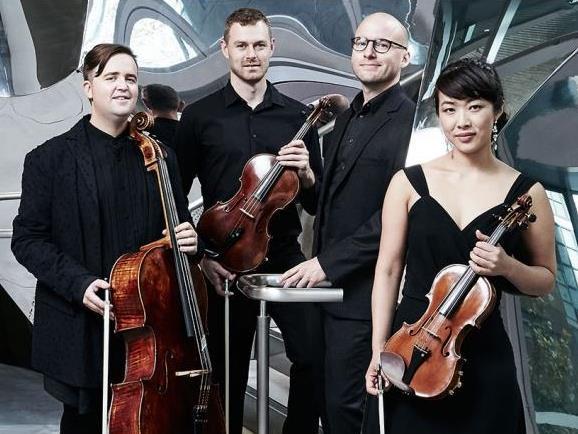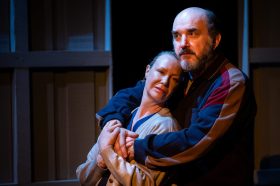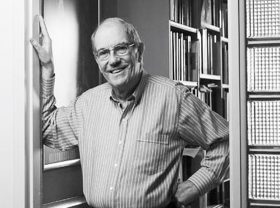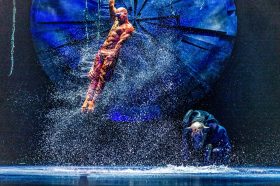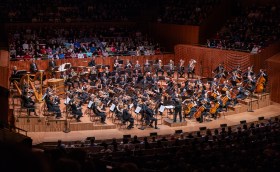Rebecca Chan, James Wannan, Thomas Rann and Daniel de Borah form the Australia Piano Quartet.
Piano Quartet repertoire (a string trio of violin, viola and cello with the addition of piano) is significantly rarer than music written for Piano Trio or Piano Quintet let alone the String Quartet. The genre is perhaps best known for Mozart’s two works, Beethoven’s four (though one is an arrangement) and Brahms’s three, the last of which concluded this recital. The Australia Piano Quartet (Daniel de Borah, piano; Rebecca Chan, violin; Thomas Rann, cello; and James Wannan, viola) formed earlier this year and is resident at the University of Technology, Sydney.
Maverick Frederick Septimus Kelly was a British/Australian Olympian rowing champion (London, 1908) and composer who was killed in action in 1916 at the battle of the Somme. Kelly served at Gallipoli with his friend Rupert Brooke, where he was awarded the Distinguished Service Cross. His tender Piano Quartet Fragment is a reconstruction from sketches in his wartime diaries and here received its first Melbourne performance. The work demonstrated the composer’s love for German Romanticism and the ensemble gave a fine reading with discursive gestures passed from one musician to another.
Following this we were treated to Arthur Bliss’s early Piano Quartet in A minor, Op 25 (1915) a large-scale and most accomplished composition. The opening Poco adagio e espressivo is a nostalgic English landscape written in the stressful midst of war. The work provided a perfect demonstration of the beautifully weighted, intelligent and expressive pianism of Daniel de Borah.
Another Melbourne first performance was Jack Symonds’s striking Responsorium (2015) commissioned by the ensemble to celebrate the opening earlier this year of the new Dr Chau Chak Wing Building at The University of Technology, Sydney, designed by Frank Gehry. The composer describes his work as ‘an imaginary musical building inspired by the curvilinear architecture of Frank Gehry. The piece functions as a series of chaconne-like variations and takes the form of a large-scale accelerando with the musical material spiralling into a rapid apex.’ The work begins with each of the string players scattered to the extremities of the space and, as the composition freely progresses they take their place at the front of the stage, the sound world liquidly resolving to the centre. The work is as attractive as the building itself exploring layers of texture and sonority just as an architect might consider surfaces, light and walking through space.
The highlight of the recital was to follow in Brahms’ magnificent final Piano Quartet in C minor, Op 60 written in the stressful years of his friend, Robert Schumann’s descent into madness with Brahms needing to care for Robert’s distraught wife Clara, whom Brahms loved. The excellent printed program annotations quoted Brahms writing to his publisher as follows, ‘On the cover you must have a picture, namely a head with a pistol to it. Now you can form some conception of the music! I’ll send you my photograph for the purpose.’
Rarely have I been so impressed by a new ensemble. A combination of formidable pedigree of training, flawless technique, impressive musical intelligence, profound sensitivity and performance élan leads me to draw the analogy of there being evidence here of the ingredients of a true vintage wine which can only get better with age.
Rating: 4 stars out of 5
Australia Piano Quartet
Daniel de Borah, piano
Rebecca Chan, violin
Thomas Rann, cello
James Wannan, viola
Presented by the Melbourne Recital Centre – 2015 Local Heroes Series
Friday, 27 November, 2015
